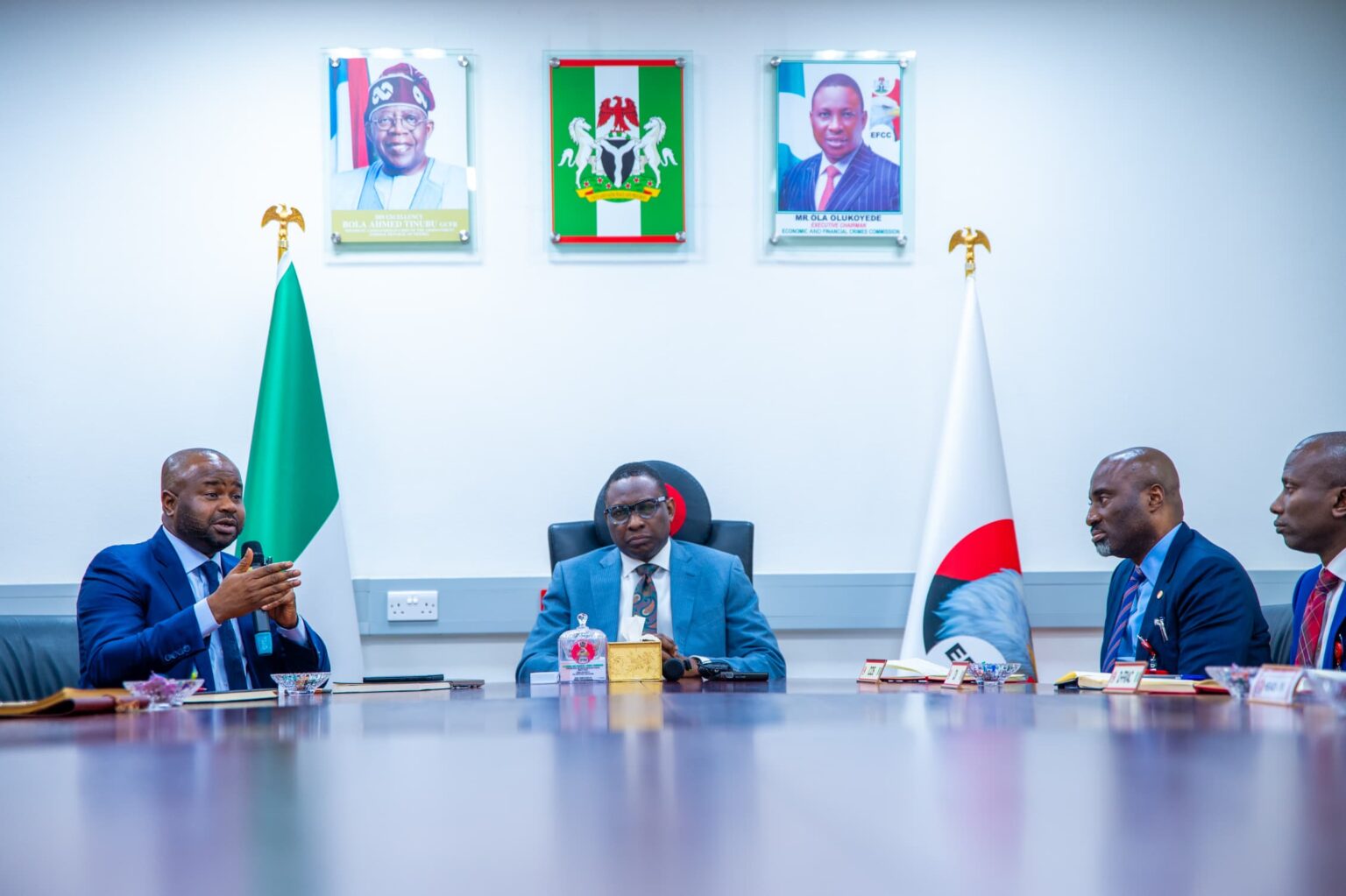ABUJA — The Federal Inland Revenue Service (FIRS) has reaffirmed that the Economic and Financial Crimes Commission (EFCC) remains central to its drive for voluntary tax compliance across the country.
FIRS Executive Chairman, Dr. Zacch Adedeji, stated this during a courtesy visit to the EFCC headquarters in Abuja on Tuesday. The engagement comes as newly signed Tax Acts—set to take effect in January 2026—will transform the agency into the Nigerian Revenue Service.
Both agencies used the visit to renew their commitment to closer collaboration aimed at strengthening Nigeria’s tax compliance framework and safeguarding public revenues.
Adedeji underscored the importance of inter-agency cooperation in ensuring financial stability and building public trust.
“We cannot pursue 200 million Nigerians individually to do the right thing, but we want to put a system in place that will aid compliance,” he said. “You can help us by letting people know that when they violate the law, there is a place you can keep them. On behalf of the President and Nigerians, we thank you for your support and seek even deeper cooperation.”
He further noted that voluntary compliance would only grow if citizens saw tangible benefits from tax revenues. “The main advertisement of voluntary compliance is when people begin to see what we use the money we collect for,” he said, adding that EFCC’s support was vital in ensuring accountability and preventing fraud.
Adedeji credited Nigeria’s recent success in meeting its 2025 revenue target—achieved by August, according to President Bola Tinubu—to preventive strategies and partnerships with agencies such as the EFCC. Presidency figures put collections at about ₦20 trillion, with the bulk derived from non-oil sources.
Responding, EFCC Chairman, Mr. Ola Olukoyede, pledged sustained collaboration, stressing that the joint effort would send a strong message to tax evaders.
“Collaboration is key. When they see EFCC beside FIRS, that will send a signal to the public that it is no longer business as usual,” he said.
Olukoyede pointed to a recent Court of Appeal judgment affirming EFCC’s authority to investigate tax fraud, describing it as a major boost to the commission’s mandate.
“We are not assessors of tax liabilities, but we can investigate non-compliance and push assessment issues back to you. Our duty remains the prevention, investigation, and prosecution of financial crimes. Synergy is therefore essential,” he explained.
Both agencies pledged to consolidate their working relationship, positioning preventive measures and voluntary compliance as twin pillars of Nigeria’s tax system.




